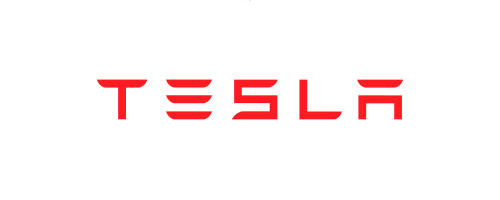October turned out to be a tempestuous month for mega-cap stocks, as a cocktail of rising U.S. interest rates and shaky earnings reports led to volatile valuations. At the heart of this rollercoaster were some of the most prominent tech firms, each impacted by a variety of factors ranging from cloud service demand to government regulations.
Google: A Cloudy Horizon

For Google’s parent company, Alphabet, the spotlight was on its cloud business. The tech giant witnessed a nearly 6% dip in market cap, settling at $1.56 trillion at October’s end. Alphabet’s cloud sector had its weakest growth in 11 quarters. The culprit? Sluggish corporate spending in cloud services, triggered by a broader economic slowdown.
Alphabet’s cloud business faced its slowest growth in 11 quarters, primarily due to reduced corporate spending on cloud-related services.
Tesla: Stalled by Rates and Supplies

Tesla was another high-profile casualty, with its market valuation plummeting almost 20% to $638 billion. Rising U.S. interest rates took a toll on electric vehicle (EV) demand, which was further exacerbated by Panasonic Holdings—a key supplier—announcing a cutback in battery production for the automotive sector.
Tesla’s market value tumbled almost 20%, largely due to the impact of rising U.S. interest rates on EV demand.
Nvidia: The Regulatory Hurdle

Meanwhile, Nvidia Corp, the renowned chipmaker, saw its market cap fall 6.3% to $1.01 trillion. The shake-up is attributed to potential cancellations of up to $5 billion in advanced chip orders to China, following new U.S. government restrictions.
Nvidia may be forced to cancel up to $5 billion worth of advanced chip orders to China in compliance with new U.S. government restrictions.
Microsoft: The Lone Ranger

In contrast, Microsoft emerged as the month’s superstar, registering a 7.1% uptick in market value to $2.5 trillion. What powered this surge? Outstanding first-quarter results across the board, with a significant boost coming from its cloud computing and PC businesses. A rise in customer interest in Microsoft’s artificial intelligence offerings added extra fuel to the fire.
Microsoft’s market value jumped 7.1%, buoyed by its strong fiscal first-quarter results in all segments.






